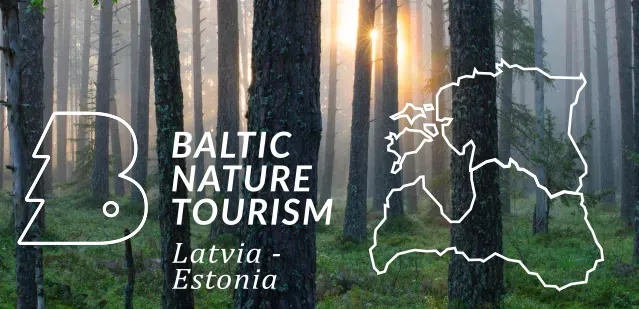Cēsis – Āraiši – Priekuļi - Gaujasrēveļi – Gulbene
- Excursion around Āraiši Windmill
The windmill is located in the highest place of the area, boasting a wonderful view – you can see Āraiši church, the parsonage, and Āraiši lake, along with Ezerpils, the settlement of the ancient Lettgalians. One of the rare Dutch windmills (1852) in Latvia that is still in working order. Currently, it houses a museum; its four storeys tell of the way grains were ground in the past, and the visitors can also try out their miller skills. Jēkabi, the celebration of new rye bread, is held annually. Here, you can order the miller’s lunch – barley flour porridge with meat sauce, thin pancakes, kefir, and herbal teas.
- An excursion to the Plant Breeding Museum of Latvia in Priekuļi, housed in the Priekuļi Research Centre. This centre breeds and grows the certified ‘Kaupo’ grain variety for the needs of Latvian grain growers. The museum presents the history of grain cultivation in Latvia.
- Lunch at the “Kukaburra” pub
Here, genuine rye bread is baked, and the visitors can take part in the bread-baking process. The pub serves dishes that are popular among Latvians, using raw ingredients provided by local farmers. The interior features an exposition of antique items, bearing the name “Bread Museum”.
- A visit to “Ķelmēni” farm.
The Ķelmēni farm in Ranka rural territory practices closed loop organic farming – it grows rye, bakes bread, and produces and sells organic feed. Ķelmēni grows ‘Kaupo’ rye and uses ~800 ha for farming in total. Ķelmēni annually uses 700 tonnes of rye for baking bread; about half of it is grown on the farm, and the other half is purchased from another organic farm. The farm has been baking bread since 1993; at the moment, it bakes rye bread, sweet and sour bread, wheat bread, and grain bread. The bread-baking process takes about 80 hours in total before it can start its way to the consumer; the bread loaves are made by hand.
- Tālava Cider Tasting
The Tālava cidery is located in Vecgulbene Manor building complex in Gulbene. Tālava cider is 100% natural cider made from Latvian-grown apples. The cider is matured at a low temperature for several months; during this period it acquires its characteristic taste and aroma.
- Dinner and accommodation at Vecgulbene Manor







